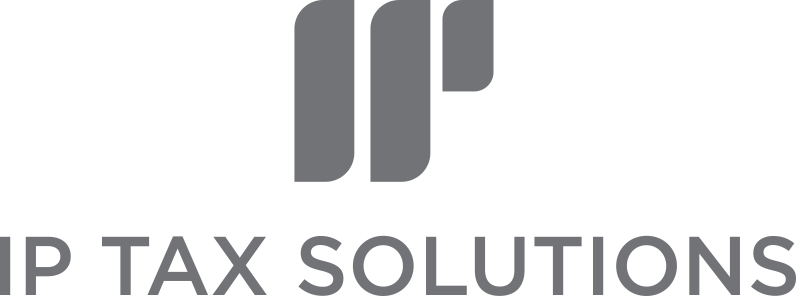"What's that charge on my tax return for Child Benefit...? It's not small either..."
You may have just filed your Self Assessment personal tax return and still be feeling the unexpected sting from the High Income Child Benefit Charge ('HICBC' for short).
The HICBC is a nasty little tax charge that sneaks up and catches out so many entrepreneurs when they least expect it.
'Nasty' because it is so easy and common for business owners and/or their partners to earn north of £50k if they are to house and feed a family in today's inflationary world.
Even nastier is the fact that it can catch and bite where one spouse earns a shade over £50k and the other doesn't (even if the second partner doesn't earn a penny), yet if a couple earn £50k each (so potentially £100k in total), they will not get caught...
The bad news is that we're too late to plan for the 2020 tax year (as recently filed) but now is a good time to plan for the forthcoming tax year to 5 April 2021.
Let's run through the rules briefly before diving into some tax planning strategies
When does the High Income Child Benefit Charge apply?
The High Income Child Benefit Charge applies if you have adjusted net income of over £50,000 and either:
- you or your partner receive Child Benefit
- someone else receives Child Benefit for a child living with you and they contribute at least an equal amount towards the child's upkeep
It doesn't matter if the child living with you is not your own child.
If either individual within a couple earns over £50k then you are caught. If both earn more than £50k then you're definitely caught and it is the one with the higher adjusted net income who picks up the charge.
What is adjusted net income for Child Benefit purposes?
This bit is critical: 'adjusted net income' is your total taxable income before any personal allowances and adjusted for items such as Gift aid and Personal pension contributions.
More on this in the tax planning section below.
How is the High Income Child Benefit Charge calculated?
The charge is calculated as 1% for every £100 that your adjusted net income exceeds £50,000 multiplied by the child benefit received.
Child benefit is currently paid at the rate of £21.05 per week for the eldest child and £13.95 per week for each additional child.
There is a useful HMRC calculator here.
Planning to Mitigate the High Income Child Benefit Charge
Here is a key planning tool...
This content is only available to subscribers
Subscribe now and have access to all our stories, enjoy exclusive content and stay up to date with constant updates.
Sign up nowAlready have an account? Sign in






